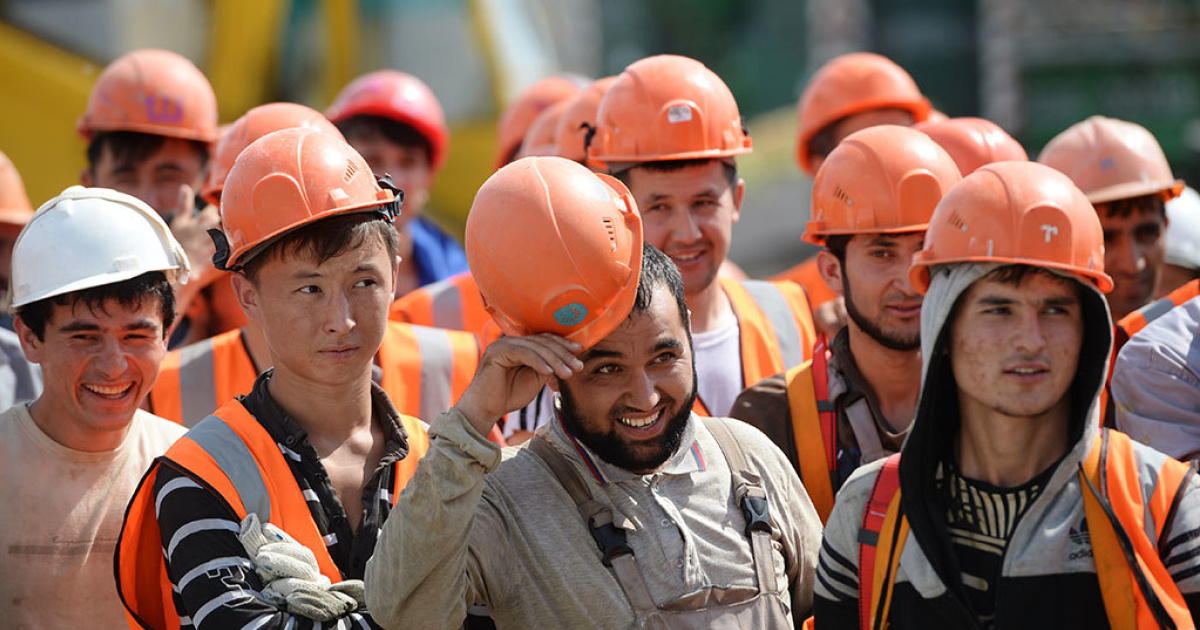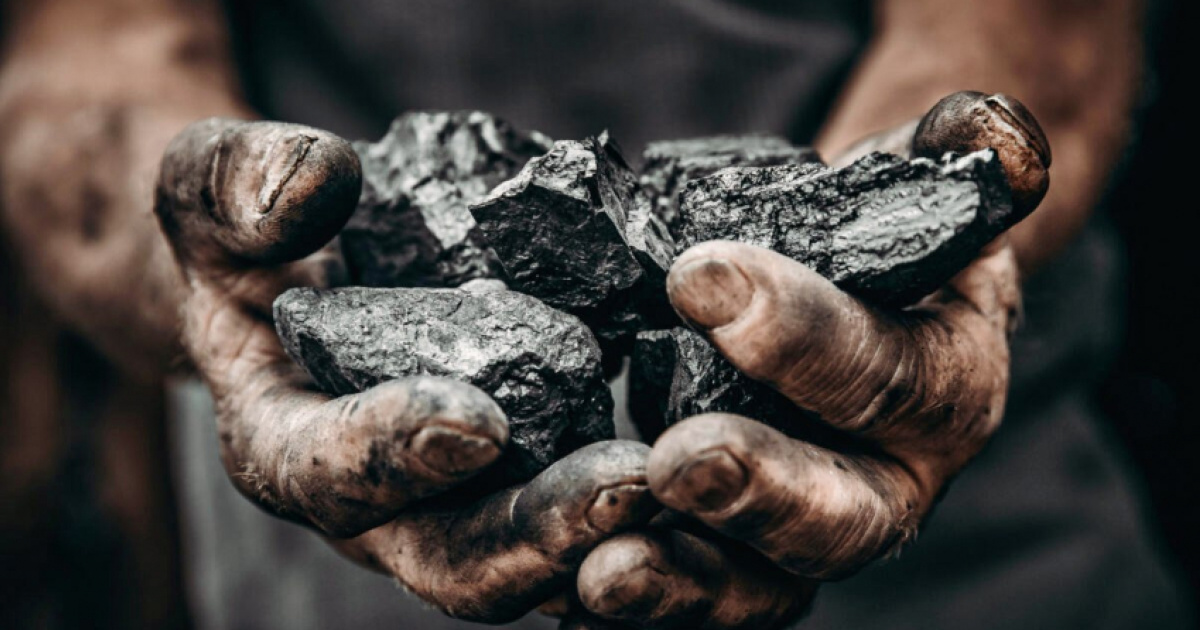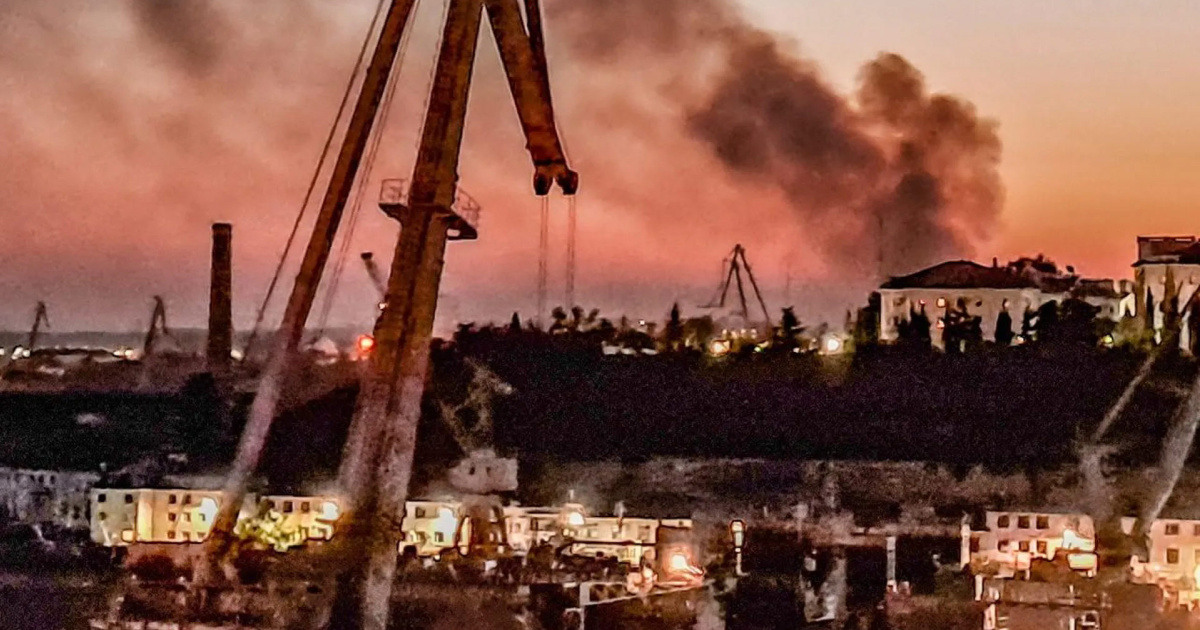Yesterday I heard a conversation that caught my attention. They talked about the fact that there is no vaccine for the required immunization for children up to one year in Ukraine. Parents bring children to us to make all the necessary vaccinations. Humanitarian convoys bring all vital medicines to us. To us means to the "LPR".
I usually do not argue when I do not have the facts and figures. Yes, in principle, I do not argue with those who are confident about something. But I have not seen people registered in free Ukraine in our streets who would have brought their children here only to do a skin test or a tetanus jab. Of course, I can miss something, but bringing children, for example, from Poltava to Luhansk for vaccination would be strange, at least ...
Well, many people go back to Luhansk who had left the city. They return from Russia and free Ukraine to their home, they feel desperate after looking for a job, paying the flat rent and counting that it is better to live on child allowance and husband’s salary in their own home rather than in a rented apartment ... In general, people are driven often by simple calculation – where it is better to live and where it is simply cheaper to live. But there are not many families coming to Luhansk from cities of free Ukraine. Otherwise, prices on renting an apartment wouldn’t be so ridiculously small and the property wouldn’t cost so little compared to pre-war times.
In general, if we talk about the role of myths in the lives of residents of the "republic", they play a very important role. As before when the world was full of rumours. You can easily hear a conversation by chance in public transport that at the checkpoints they take men, detain them, do not feed and keep in the cells with people suffering from tuberculosis. If you have money, you can buy food, but at the same time feed all those kept in the cell. After listening to such horror stories, you will think a hundred times whether you need to go to the land of promise with such risks to life and budget.
Another myth of the myths is that there is poliomyelitis epidemic in Ukraine. People talk about it in children's hospitals and in the streets, it generates a new fear - I do not want to go there, I'm afraid to go, I do not want to risk. Actually, it is not talked about, all children’s hospitals are full information about the epidemic.
In terms of the most trifle myths - students with a residence registration in Luhansk are evicted from residence halls on the territory controlled by Ukraine, people do not rent out a flat to them and harass in all possible ways.
Nevertheless, many of those, who had left, are building their business, buy property and do not plan to return to one of those cities which two years ago became their home outside Luhansk. Perhaps, there are and were facts of insufficient tolerance, but they talk about them with such exaggeration that the world seems to be upside down. And another interesting stroke - many, many Luhansk parents pushed their children to study in Sumy, Kiev, Rubezhnoye - where they will get a degree with which they can be employed at least here or in Ukraine. People do not speak about it loudly and everywhere, but university professors, teachers of local schools find opportunities to bring their children and let them study outside the "republic".
You can talk about myths about how bad it is "there" and how good it is "here" endlessly. And the best writers of these myths are, of course, local media. According to them, we live in the best place on the planet and all around us is a complete apocalypse or conditions close to it. Actually, it is the goal of any news - to wade pride of one’s own and cause persistent hostility to everything foreign. No achievements and successes of Ukraine are shown to us; they praise only Russia. As if they are persistently trying to make us see everything in the right colours and shades. If you do it so systematically and purposefully, you start to be afraid of everything that is on the other side of the demarcation line - people with whom you were friends and worked with until recently, roads, foreign cities, laws, viruses and epidemics ... And it turns out that the safest and friendliest place to live is your city, beyond which there is no sense to go. Luhansk used to be called the reserve of "Soviet Union" and today the occupied region turns into the reserve of fears. The fears that we cultivate in ourselves for the life to be easier on the other side of the "demarcation line". After all, if there's something worse, then can say that it’s not so bad here? - Everything is relative when compared. You can make up objects for comparison.
Yana Viktorova, Luhansk, for OstroV




